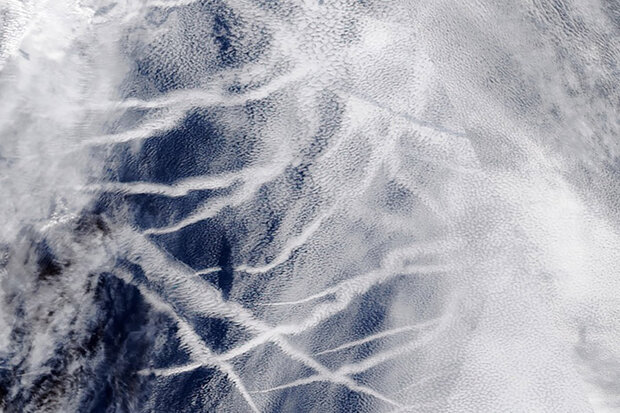Scientists detail research needed to assess the viability and risks of marine cloud brightening

Brightening clouds may bring unintended consequences. Credit: NOAA

Brightening clouds may bring unintended consequences. Credit: NOAA
As the levels of greenhouse gases in the atmosphere continue to increase and climate change impacts become more costly, the scientific community is redoubling efforts to investigate the potential risks and benefits of artificially shading Earth’s surface to slow global warming.
Marine cloud brightening (MCB) proposals involve the injection of salt spray into shallow marine clouds to brighten them, increasing their reflection of sunlight and reducing the amount of heat absorbed by the water below.
A group of 31 leading atmospheric scientists, among them PMEL atmospheric chemist Patricia Quinn, have offered a consensus physical science research roadmap to build the knowledge base needed to evaluate the viability of MCB approaches. Their roadmap is described in a new paper published in the journal Science Advances.